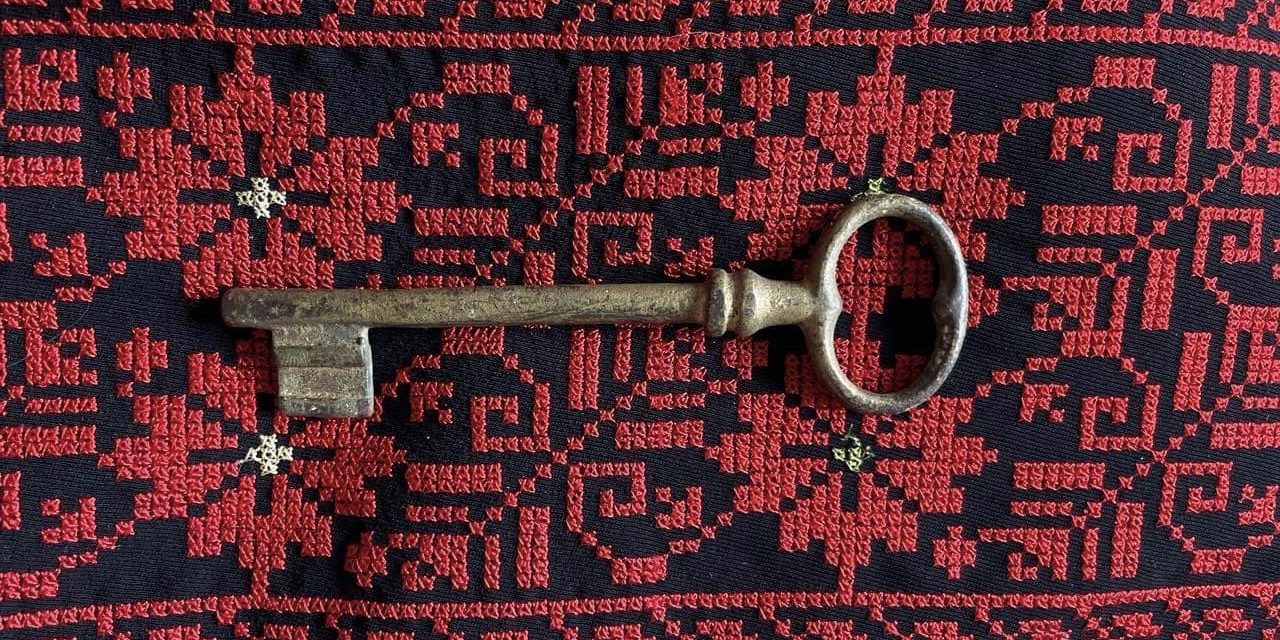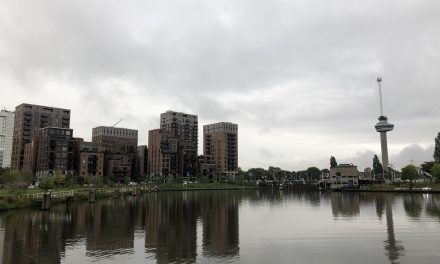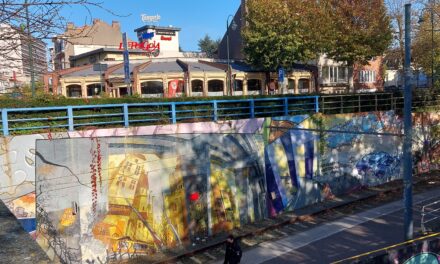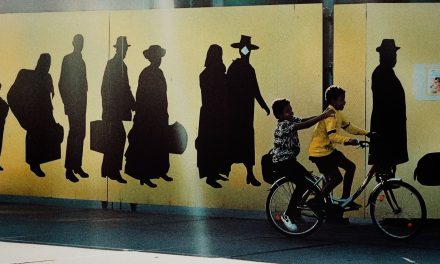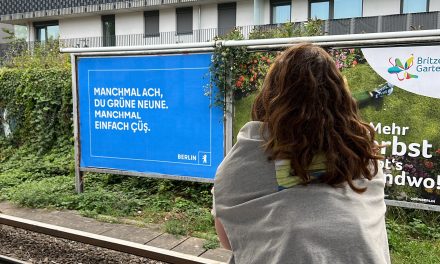The incident of the Al-Aqsa flood came as a shock to Palestinians in the diaspora around the world. It made them feel sadness and grief, realizing they are bound by hands; the lives of every Palestinian changed after these massacres. Despite the Palestinian people enduring 75 years of occupation and witnessing several massacres, they always strive to continue their lives and seek to build opportunities filled with psychological, social, and familial stability. However, when war resumes, events bring them back to square one. With the ongoing Israeli war on Gaza, Palestinians in the diaspora find themselves helpless in supporting their brethren in Gaza. The Al-Aqsa flood has brought the Palestinian cause back to the forefront after being closed for more than two decades.
In 1948, Israel established a Jewish state in Palestine. Palestinians experienced exile and displacement during this catastrophe (Alnakba), as more than 700,000 Palestinians were forced to leave their original homeland, Palestine. Additionally, thousands of Palestinian refugees were displaced during the Naksa in 1967. The term “Palestinian diaspora” is used to describe these groups of displaced Palestinians around the world.
The October 7th incident led to a united global popular movement against the violence and massacres targeting children, infants, and women. Especially the younger generations, raised on the stories of their ancestors and their memories of the beauty of Palestine and the tragedy of the Nakba, have inherited these tales from generation to generation. Particularly those written by Ghassan Kanafani. All these elements have planted the love for Palestine in the hearts of its children. Moreover, it is a matter of injustice, and by nature, humans oppose injustice and stand for justice to achieve fairness. All of these reasons instill in the Palestinian a love for their land and a complete understanding that the right of return is inevitable.
In every Palestinian home, you will find pictures of Jerusalem or the Dome of the Rock, along with a map of Palestine hanging on their walls. They pass down keys to the houses of their ancestors, from which they were displaced during the events of the Palestinian Nakba in 1948. Some also possess deeds to their lands there.
Nadia Badawi still keeps the key to her grandfather Hassan Mahmoud Badawi’s house. She remembers that when her father migrated from the village of Tersheha to Syria in 1948, he had property papers for the house, personal IDs, and a cap belonging to her uncle, the martyr Ahmed Badawi. All these belongings remained in Syria, specifically in the Yarmouk camp, after the Syrian war. She doesn’t know their fate, but she says, “I loved the key to my grandfather’s house; I kept it and carried it with me through all my migrations. Now it is in my home in France, where its value to me surpasses any amount of money.”
Palestinians in the diaspora have integrated into the countries they migrated to, contributing significantly to various economic, social, and cultural aspects. However, they have not overlooked their crucial cause. Palestinian communities abroad have formed associations known as Palestinian community gatherings. These aim to preserve national identity and enhance allegiance to the homeland, Palestine. Ahmed Skineh, the Secretary-General of the Palestinian community in the Netherlands, emphasizes the significance of their initiatives and unity, stating, “Our initiatives and solidarity are of great importance because we shed light on what is happening inside Palestine on a larger scale. This leads to reaching the absolute truth, which is that the Palestinian people are an oppressed nation.”
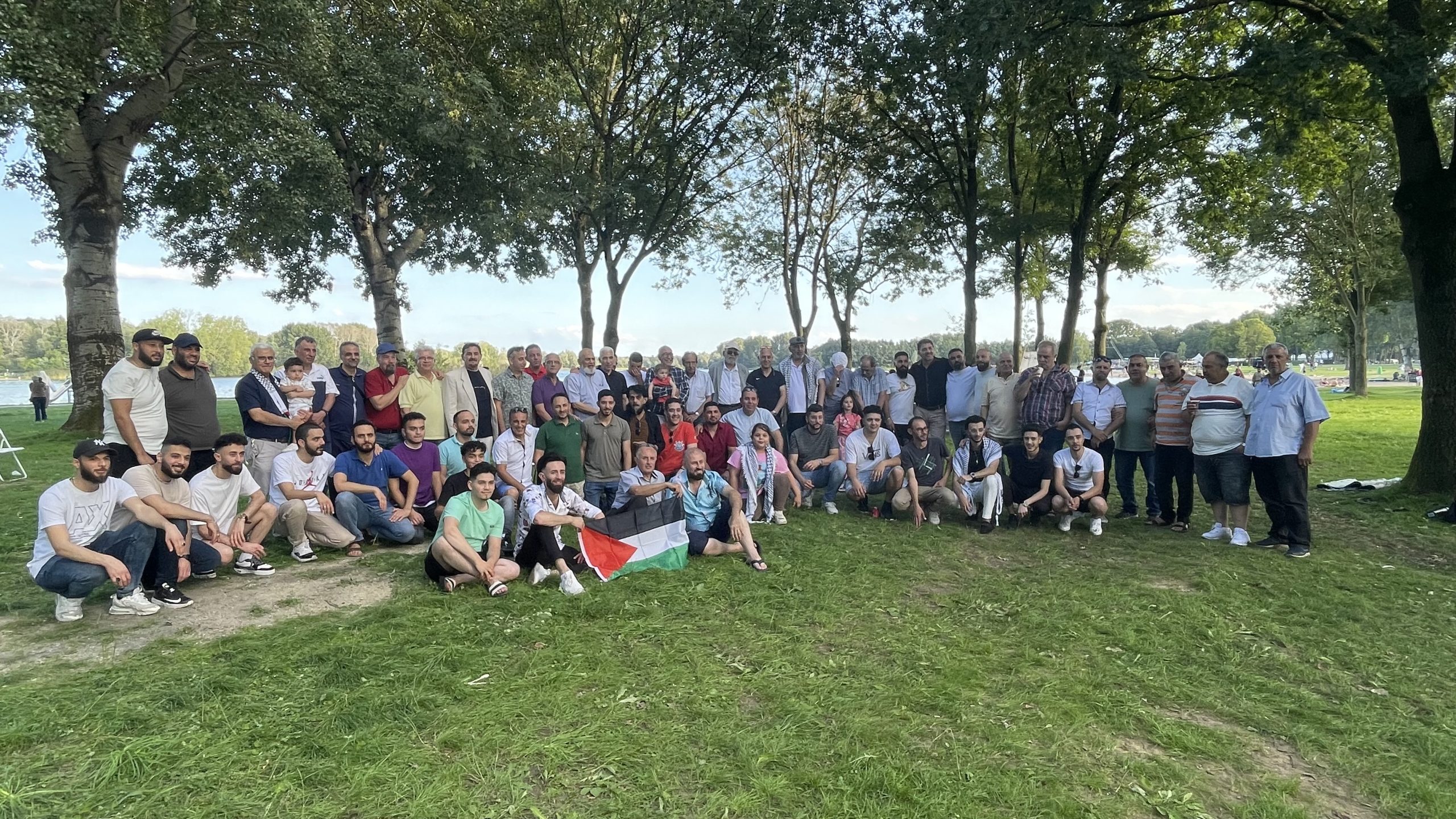
A gathering of the people of the Palestinian town of Al-Shajara in the Dutch city of Nijmegen
In this picture, we see a gathering of expatriates from the Palestinian village of Al-Shajara in the city of Nijmegen , Netherlands, who came from various cities in the country. The event featured numerous cultural and historical activities and competitions that shed light on the village’s history and key figures associated with it. The occasion included honoring the village’s residents and presenting awards to the winners. Attendees enjoyed tasting traditional dishes, and this event fostered increased social interaction among them. The celebration would not be complete without the performance of traditional Palestinian “Dabke” dances.
The Palestinian people, who have overcome various forms of displacement, persecution, expulsion, and forced migration, despite being scattered across continents, form a diverse Palestinian family. They speak multiple languages and integrate into different cultures, yet their deep sense of unity always prevails. Therefore, it is not necessary for them to have a family in Gaza to feel all the pain they are currently experiencing.
Foreigners are often urged to integrate and engage in the communities they reside in, but on the other hand , there is a crucial role for international communities to better understand and support the Palestinian cause, encompassing their migrants. The researcher in Palestinian Israilian Conflict Peter Malcontent says, “I felt embarrassed when I saw that, in the first week, Israeli flags were flying everywhere, and there was no interest in what was actually happening in Gaza itself due to the Israeli bombing campaign. So, I think that in moments like these, the Dutch government should realize that despite the fact that Palestinians are a minority in the Netherlands, you also have to take into account the feelings of these people.”
“Sometimes, I collaborate with Palestinian academics, which, for me, is one way to understand their feelings. I mean, you don’t need to go these days to Gaza or the West Bank to get a clear picture of what’s happening there. But again, to get a proper idea of what people truly feel, you have to meet them. And this is one advantage of meeting Palestinian colleagues here in the Netherlands. Engaging with Palestinians in the diaspora still shows me that this is ultimately a story about individual humans who are suffering.”
The Israeli war on Gaza has left a deep impact on Palestinians in the diaspora, surrounding them with a constant sense of guilt for what is happening in Gaza. Palestinians in their daily lives in Europe find themselves powerless to stop the tragedy in Gaza, while witnessing their families in Gaza enduring continuous displacement and intense bombing during the night. In this video, we will listen to testimonies from Palestinians in the diaspora, as they share their experiences and how they received news of the Israeli war on Gaza.
The most challenging task for Palestinians in the diaspora is to communicate with their families in Gaza, which seems nearly impossible. Palestinians have become accustomed to hearing news of the deaths of their loved ones through news channels. Dr. Mohammed Joudah, a Palestinian residing in Turkey, mentioned losing more than fifteen family members during the Israeli war on Gaza, including his brother. According to Mohammed, the Zionist enemy bombed their homes from the first day of the conflict without any warning.
The Israeli occupation claims to warn people before airstrikes and drops leaflets from its military aircraft urging evacuation due to the unsafe conditions. Mohammed Masoud, a Palestinian in Turkey, states that his family is trapped in Gaza, where there is no safe area. They live amid daily bombings and concussion missiles, making residents feel as if a powerful earthquake has struck the region. The fate of those living there is uncertain, and the constant threat of airstrikes creates a sense of danger. Mohammed’s father refused to leave their home despite warnings to evacuate from neighboring houses, emphasizing that many homes were bombed without prior notice. The Israeli occupation targeted one of their neighbors’ houses directly, resulting in 27 martyrs and numerous injuries. Mohammed says, “It is clear that the Israeli occupation’s current goal is to take the lives of Gazans, displace them, and destroy all infrastructure.”
The Palestinian writer, author, and political analyst residing in the Netherlands, Nabil Al-Sahli, emphasizes the significant impact of the Al-Aqsa Flood on Palestinians both inside and outside Palestine. He notes that in early October, Israel used all its military might, resulting in thousands of casualties, martyrs, and detainees in Gaza and the West Bank.
This led to a popular Palestinian solidarity, uniting Palestinians across various diaspora locations. The unity displayed reflects a complete national unity to support the Palestinian people and their resistance. Al-Sahli sees this as the beginning of a shift in Western public opinion, making it easier to pressure Western regimes that support Israel to align with the Palestinian cause.
He mentions that Palestinian morale varies among individuals, especially within the older age groups who have suffered more across generations. Al-Sahli points out that a significant portion of Palestinians is confident in the inevitability of victory. He shares an anecdote about his father, Mahmoud Saleh Al-Sahli, who visited Palestine in 1993. His father expressed confidence in the Palestinian triumph, stating that the Israeli society is fragile, comprising people from a hundred states with no shared culture. He characterized Israel as a rogue state in history, crafted by the West at the expense of Palestinians, emphasizing the necessity to reclaim their rights and return to the Palestinian homeland.
In this critical context, an urgent call to the international community is warranted to put an end to this humanitarian tragedy. They must first intervene to cease the hostilities, then lift the blockade imposed on Gaza. Taking decisive steps towards achieving peace and justice in this tumultuous region is imperative to halt the ongoing catastrophe.
I wished I could have included the number of Palestinians in the European diaspora in this journalistic work, but my son, born in the Netherlands, will grow up with the idea that he is Palestinian. I will pass on to him all those stories and memories, and, most importantly, his right to this land. He is not officially registered as Palestinian in the records as his mother and father. This reality continues to raise questions about the number of Palestinians around the world, whether they are thousands or millions..
